Polaron’s AI powered materials design platform has been nominated for Manchester Prize, an initiative of the UK Department for Science, Innovation and Technology, which awards £1 million every year to a team of innovators with the most cutting-edge AI solution for public good.
10 finalist teams are in the running for the inaugural prize and will each receive £100,000, as well as a generous package of non-financial support and access to free computing power to develop their innovation. One finalist will win the £1 million grand prize in early 2025.
MATERIALS CHALLENGE ACCELERATOR
The founders of Polaron have a long-standing affiliation with the Henry Royce Institute, with company CEO Isaac Squires previously acting as a Research Associate on a Royce funded Materials Challenge Accelerator Programme project and Chief Scientist Sam Cooper leading a project to combine machine learning-based data fusion methods with new imaging techniques to investigate the impact of manufacturing parameters on the resulting microstructure of energy materials.
Polaron was set up earlier this year to develop generative machine learning algorithms based on research that could accelerate the design of advanced materials for applications such as batteries and high-performance alloys.
EXPEDITING MATERIALS DESIGN
The performance of many advanced materials is controlled by their microstructure and this microstructure is in turn controlled by the way they are manufactured. However, these relationships are incredibly hard to predict. Polaron’s proprietary machine learning models are able to learn these relationships directly from data, massively accelerating the design process.
The conventional way of approaching this kind of process optimisation is a mix of engineering instinct and rules-of-thumb about what works. However, this trial-and-error approach can take years as the design space is vast.
Unlike the many AI companies that use large models developed elsewhere, or train their own large models, Polaron’s models are relatively small, allowing companies to train their own, bespoke models.
Polaron’s methods are applicable to a wide range of materials, from concrete and composites to biomaterials and alloys. It is currently planning pilot studies with early adopters to demonstrate the power of the approach.
Find out more about Polaron: https://polaron.ai/
Find out more about the Manchester Prize: https://manchesterprize.org/



